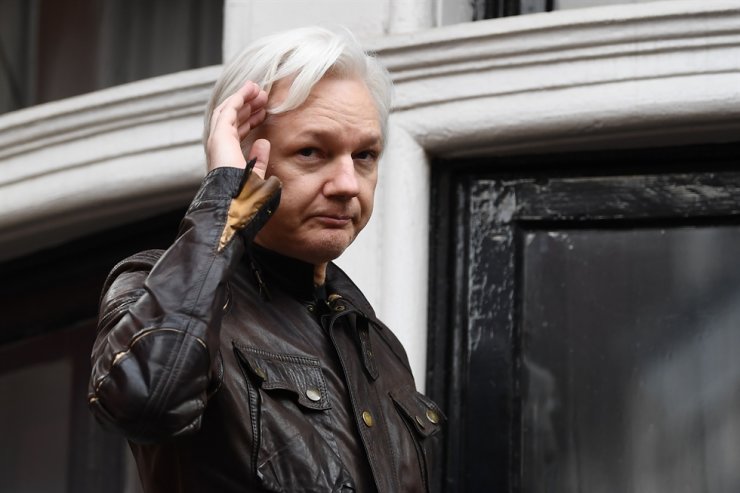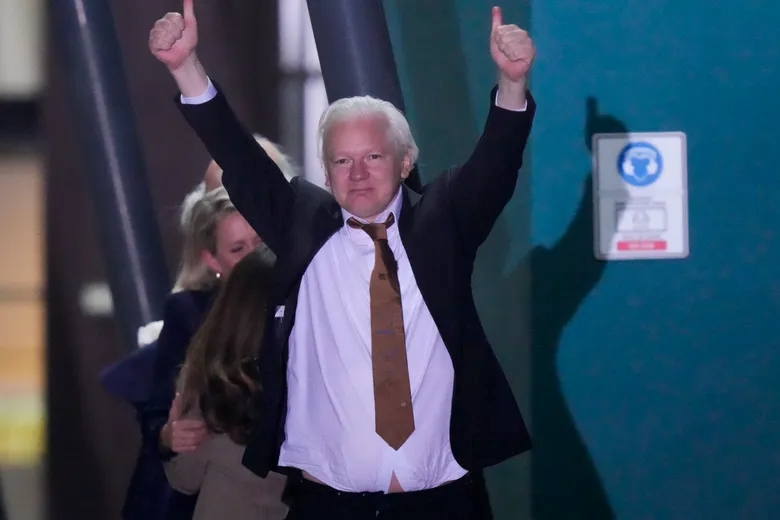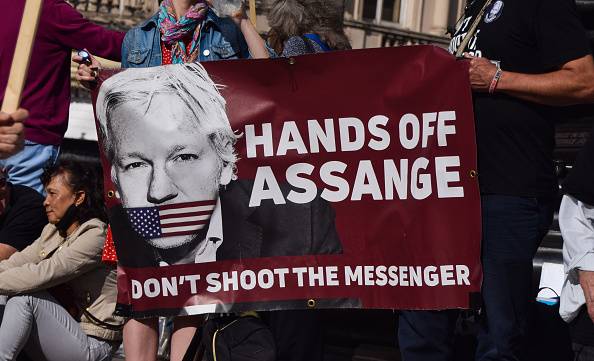Julian Assange's plea deal: Unpacking the impact and the road ahead

Julian Assange, the enigmatic figure who has alternately been hailed as a champion of transparency and condemned as a reckless provocateur, is once again a free man.
After years of legal battles and self-imposed confinement, Assange returned to his native Australia this week, marking a new chapter in a life that has been defined by controversy and defiance.
From his early forays into hacking to his founding of WikiLeaks, the platform that has published a deluge of classified government documents, Assange has consistently pushed the boundaries of what is permissible in the digital age.
His actions have earned him both fervent admirers and bitter detractors, making him one of the most polarizing figures of our time.
Now, after pleading guilty to obtaining and publishing U.S. military secrets in a deal that spared him extradition and a potential life sentence in an American prison, Assange faces an uncertain future.
What lies ahead for the WikiLeaks founder is unclear, but one thing is certain that the story of Julian Assange is far from over.
Let’s first take a look at what is in his plea deal and what was the legal fuss which started it.

What
did Assange do?
Julian Assange's journey from a small town in Queensland to the center of an international storm began with the founding of WikiLeaks in 2006.
What started as an online repository for anonymously submitted material quickly evolved into a platform that shook the foundations of government secrecy.
WikiLeaks gained global prominence in 2010 when it published a video alleging a deadly US helicopter attack in Iraq from 2007.
Shortly thereafter, WikiLeaks released thousands of classified US military documents concerning the wars in Iraq and Afghanistan, along with a substantial collection of diplomatic cables.
Assange characterized these documents, in remarks to CNN, as "compelling evidence of war crimes" committed by US-led coalition forces and the Iraqi government.
Hailed by some as a champion of transparency and condemned by others as a reckless endangerment of lives, Assange became a lightning rod for controversy.
The US authorities sought Assange's extradition on charges of espionage linked to WikiLeaks' publication of hundreds of thousands of sensitive military and government documents leaked by former Army intelligence analyst Chelsea Manning in 2010 and 2011.
The US alleged that Assange endangered the lives of confidential sources by releasing the unfiltered cables and had pursued his extradition for years. He faced 18 charges related to his alleged involvement in the breach, with a potential maximum sentence of up to 175 years in prison.
British authorities had sought assurances from the US that he would not face the death penalty.

Fight
against extradition
Assange had long argued the case against him was politically motivated, that he would not face a fair trial, and his handover would violate the European Convention on Human Rights.
Free speech advocates condemned the extradition attempt, saying it would have a chilling effect on press freedom.
In August 2010, Assange was accused of sexual assault in Sweden and faced an international arrest warrant. He denied the allegations as “a smear campaign” and refused to go to Stockholm for questioning.
He turned himself in to British authorities but while out on bail in 2012 as he appealed extradition to Sweden, Assange fled to the Ecuadorian Embassy requesting political asylum.
Even during his self-imposed confinement within the Ecuadorian Embassy, Assange and WikiLeaks continued to make waves.
Their 2016 release of hacked emails from the Democratic National Committee and Hillary Clinton's campaign chairman sent shockwaves through the US political landscape.
However, Assange's relationship with his diplomatic hosts eventually soured under increasing pressure from the US government. This culminated in his dramatic arrest by London police in 2019, ending his seven-year embassy stay and marking the start of a five-year incarceration in Belmarsh prison.
In Belmarsh, a high-security facility known for housing notorious figures like radical cleric Abu Hamza al-Masri,Assange lived in isolation within a cramped cell. The stark contrast between his diplomatic haven and his prison cell symbolized the dramatic turn his life had taken.

A
deal struct and a chapter closed
Now, Assange has been granted bail by the UK High Court. Following his guilty plea, he will receive a 62-month prison sentence, equivalent to his time served in Belmarsh, effectively concluding all ongoing legal proceedings, including those in the UK High Court and the extradition order from the UK Home Secretary.
The plea agreement largely aligns with earlier rumors circulating this year. It was widely anticipated that Assange would plead guilty to a single charge, initially expected to be a misdemeanor related to mishandling documents rather than an offense under the US Espionage Act.
Initial speculation also suggested he would be able to complete the process remotely, but he will instead appear in court in person.
This development is significant as the charge pertains to a national security offense for which he has already spent more than five years in prison. This will impose restrictions on his future travel, particularly to the US, where it is unlikely he will be granted a visa.
It also establishes a pragmatic precedent, though not necessarily a legal one, that a publisher can be prosecuted under the US Espionage Act. The specifics of the agreement will be crucial, a prospect that has concerned many journalists.
This signifies that someone who merely received and published information has been prosecuted under significant US national security statutes. Had the case revolved around the Computer Misuse Act, this situation would likely not have arisen.
The worry now is that having set this precedent once, it could potentially recur in the future.
—

